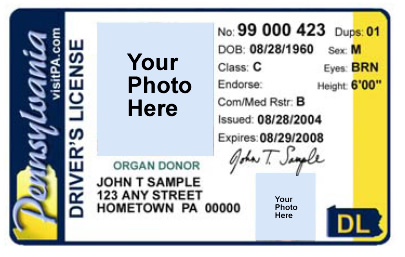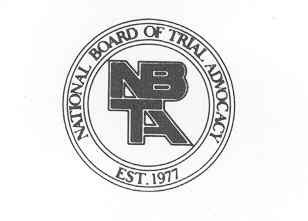It is amazing to me how a Pennsylvania DUI is the only crime or charge that someone can be convicted of solely based on an opinion of another person. What I mean by that is that a police officer is frequently called upon during the course of a trial to render his layperson opinion (not an expert opinion) as to the driver’s ability to safely drive an automobile. Under Pennsylvania DUI law it is an absolute requirement by the Government to prove beyond a reasonable doubt that a person is substantially impaired due to alcohol. At the end of the day the police officer renders an opinion, usually based upon his training, knowledge, and experience as to this ultimate conclusion. The jury is asked by the Government to adopt this opinion. However, most of the time this opinion is rendered based upon incomplete information and assumptions rather than data. There is an old saying that goes: “What do you call an opinion without data to support it? Answer: A guess.”
 It is very true that an opinion is based on the eye of the beholder. At roadside, a Pennsylvania police officer has a very difficult job to do. He’s multitasking. He is distracted by many events that are going on at the same time. He has to make judgment calls that are often difficult and snap decisions about whether or not this person should be charged with a DUI. The jury doesn’t have this difficulty. The jury has a benefit of hindsight and true overall perspective. This is why the burdens of proof are different for a police officer makes an arrest on the low burden of probable cause, but for a Jury to make a conviction, it must be based upon proof beyond a reasonable doubt. The Jury must make this decision based on all of the evidence or out of the lack of evidence to measure whether there is enough to satisfy the Government’s very heavy burden of proof beyond a reasonable doubt.
It is very true that an opinion is based on the eye of the beholder. At roadside, a Pennsylvania police officer has a very difficult job to do. He’s multitasking. He is distracted by many events that are going on at the same time. He has to make judgment calls that are often difficult and snap decisions about whether or not this person should be charged with a DUI. The jury doesn’t have this difficulty. The jury has a benefit of hindsight and true overall perspective. This is why the burdens of proof are different for a police officer makes an arrest on the low burden of probable cause, but for a Jury to make a conviction, it must be based upon proof beyond a reasonable doubt. The Jury must make this decision based on all of the evidence or out of the lack of evidence to measure whether there is enough to satisfy the Government’s very heavy burden of proof beyond a reasonable doubt.
At the end of the day, the police officer is called upon to make his opinion as to whether or not someone is impaired and therefore a DUI. If you think about it, this is a really difficult call to make. What the officer has to do is, within a short time, make a determination whether or not the physical symptoms that the motorist displays at roadside is due exclusively to alcohol intoxication or not.
Most people become very nervous when they are stopped by a police officer and confronted with the possibility that they may be arrested. After all that’s why you’re being asked to get out of the car. Everyone knows that if the officer says he smells alcohol and he’s asking you to get out of the car, he suspects you of a DUI. These DUI tests that they give you at roadside are not scientifically valid as I have discussed before and frequently people are told how to do these tests only once. They are highly complicated and require extreme concentration even under the best of circumstances. It would be an interesting statistic to find out how many people who are in a relevant demographic can indeed perform the Standardized Field Sobriety Tests even with no alcohol in their system given a high pressure situation. To date no studies that I am aware of have been performed on that, however, this would be an interesting place for research. Nevertheless, there are many non-intoxicating reasons that an individual can fail the roadside tests and display symptoms that the police officer honestly believes to be consistent with a DUI. It is not just nervousness but also can be simply due to being clumsy, disabled, or having a medical condition.
This is why we need to move away from a rash decision that is based upon a very limited amount of data and present the whole truth to the Jury about the entire circumstances of the suspect at that time along with their entire medical history. It is with all of this information and only with all of this information that the Jury can hopefully render an opinion based upon truth and facts comprised of meaningful data as opposed to no data and simply a guess as most police officers are forced to do with the constraints at roadside.
-Justin J. McShane, Esquire, Pennsylvania DUI Attorney
I am the highest rated DUI Attorney in PA as Rated by Avvo.com
You can follow me on Twitter, Facebook or Linkedin

Board Certified Criminal Trial Advocate
By the National Board of Trial Advocacy
A Pennsylvania Supreme Court Approved Agency
One response to “How an opinion can cost you your license and your freedom”